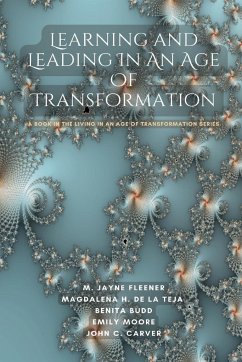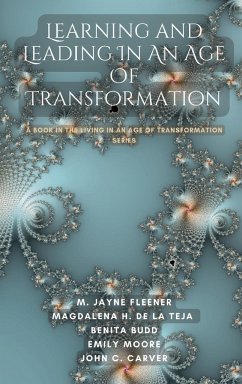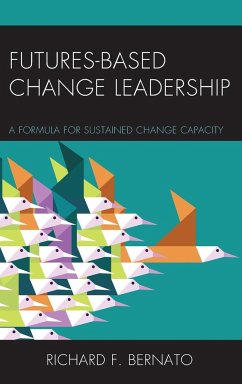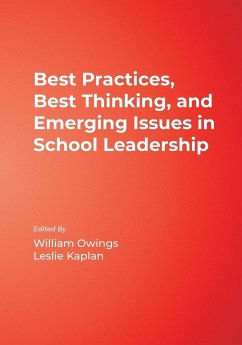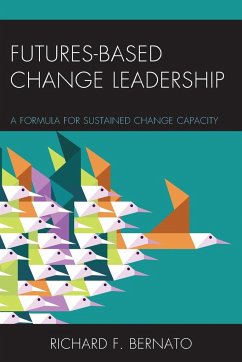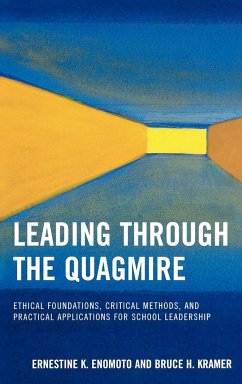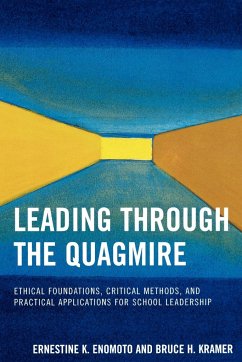
Futures Thinking, Learning, and Leading
Applying Multiple Intelligences to Success and Innovation
Versandkostenfrei!
Versandfertig in 1-2 Wochen
61,99 €
inkl. MwSt.

PAYBACK Punkte
31 °P sammeln!
The focus of this book is to explore the extent to which our thinking, learning, and leading is influenced and shaped by the future.



